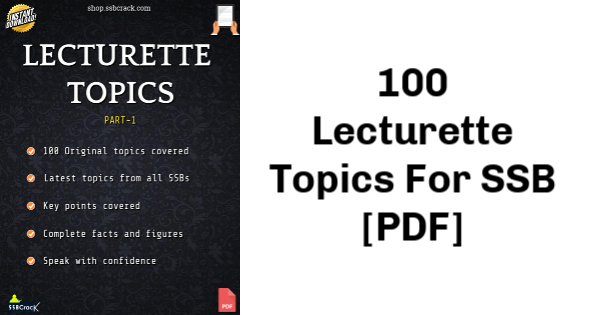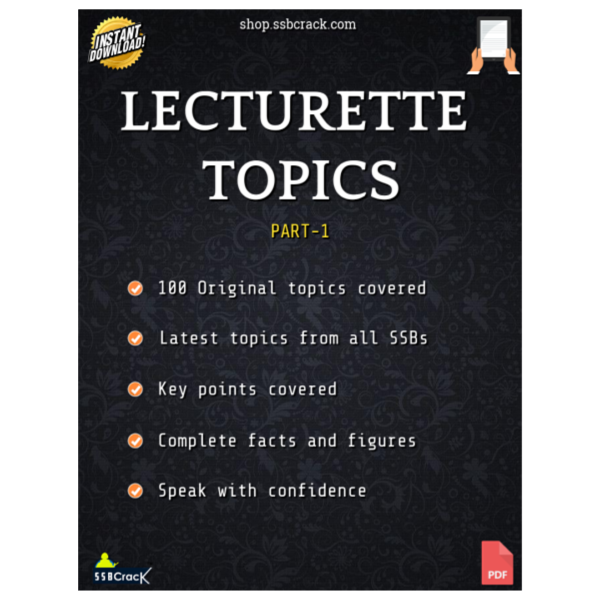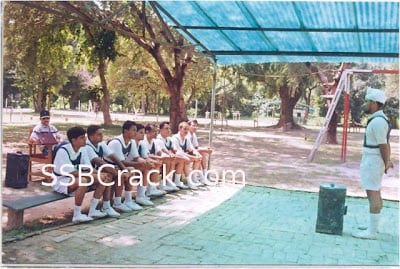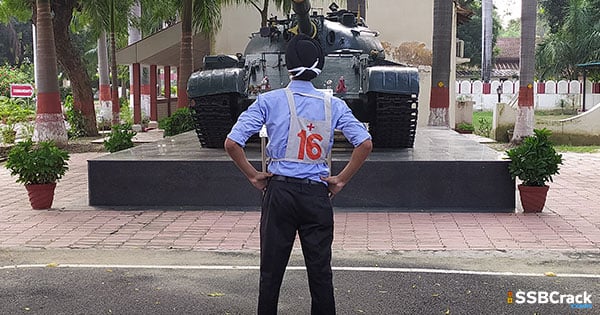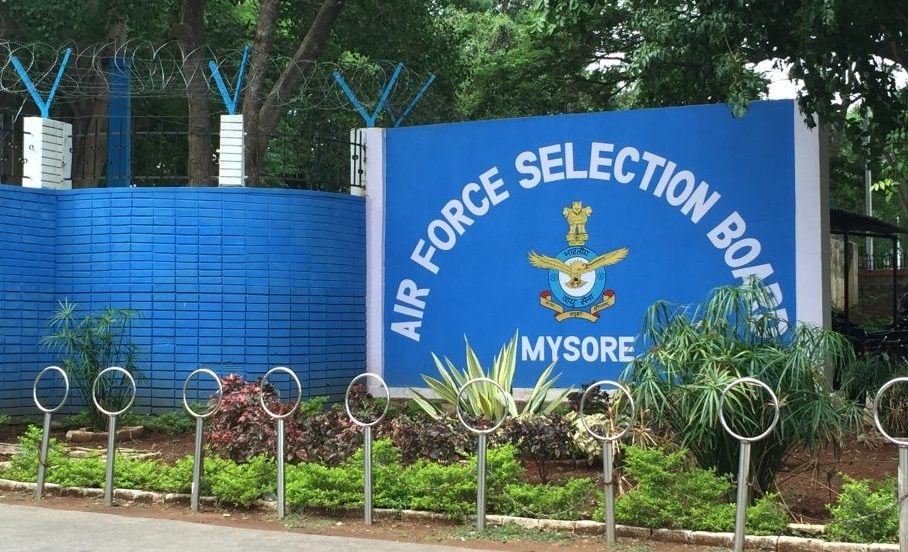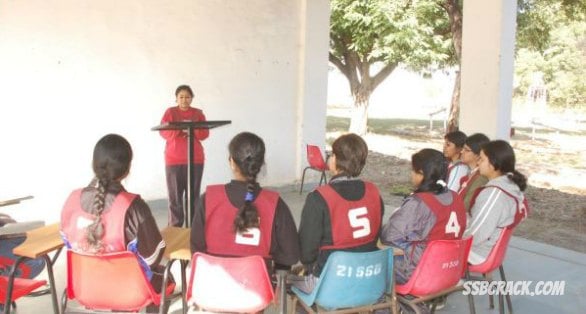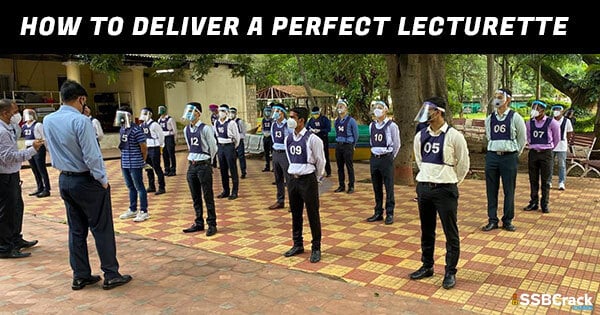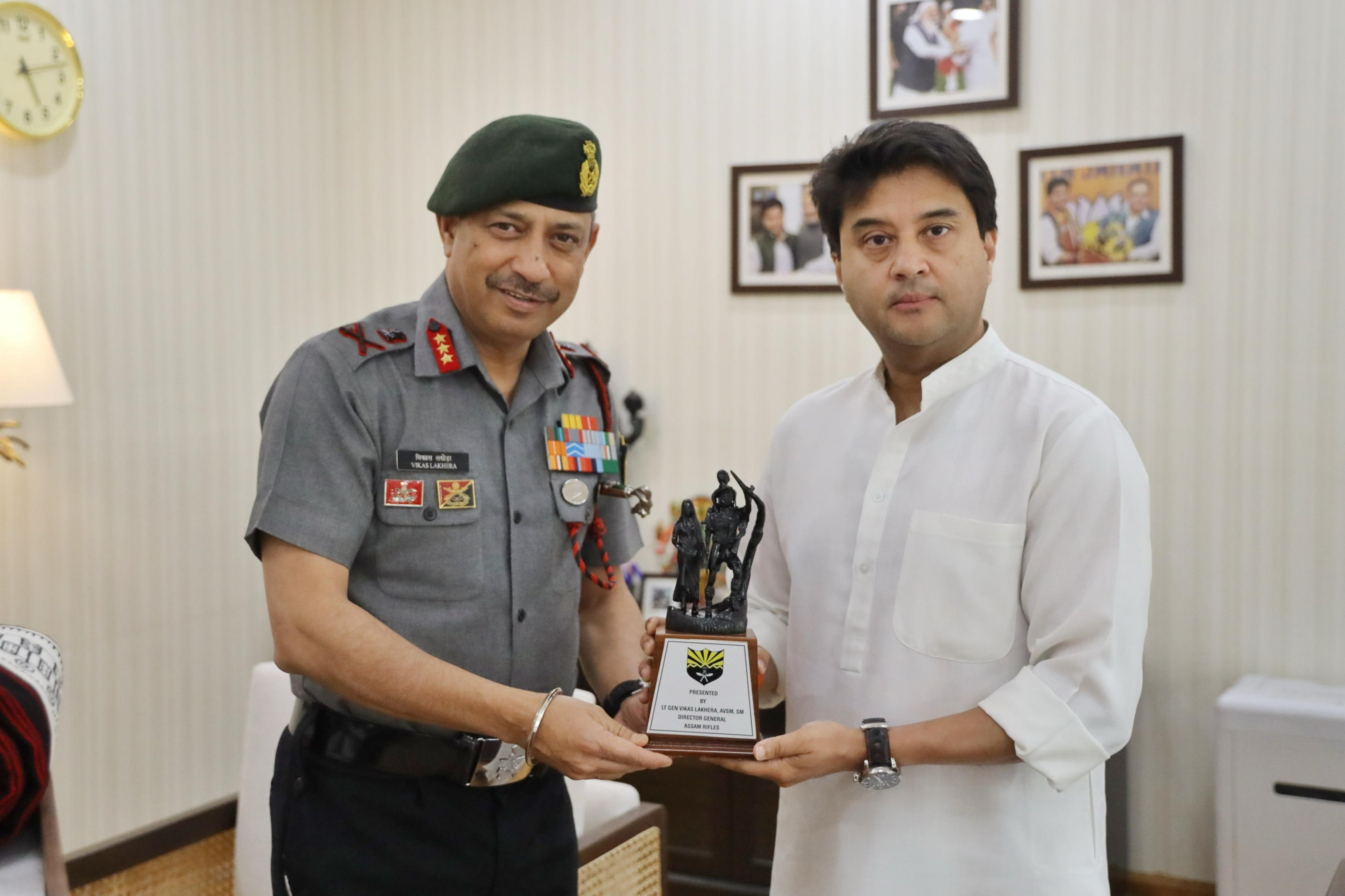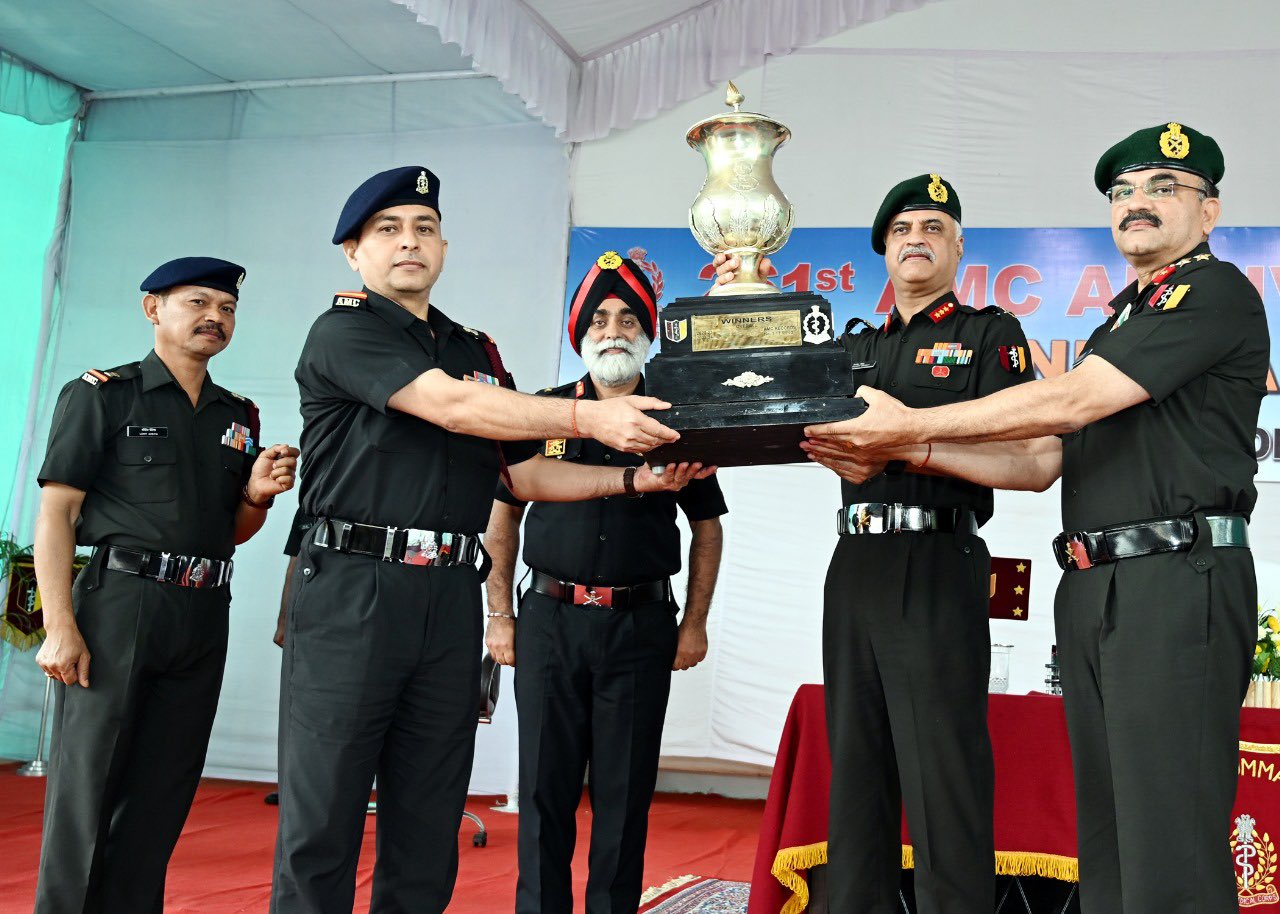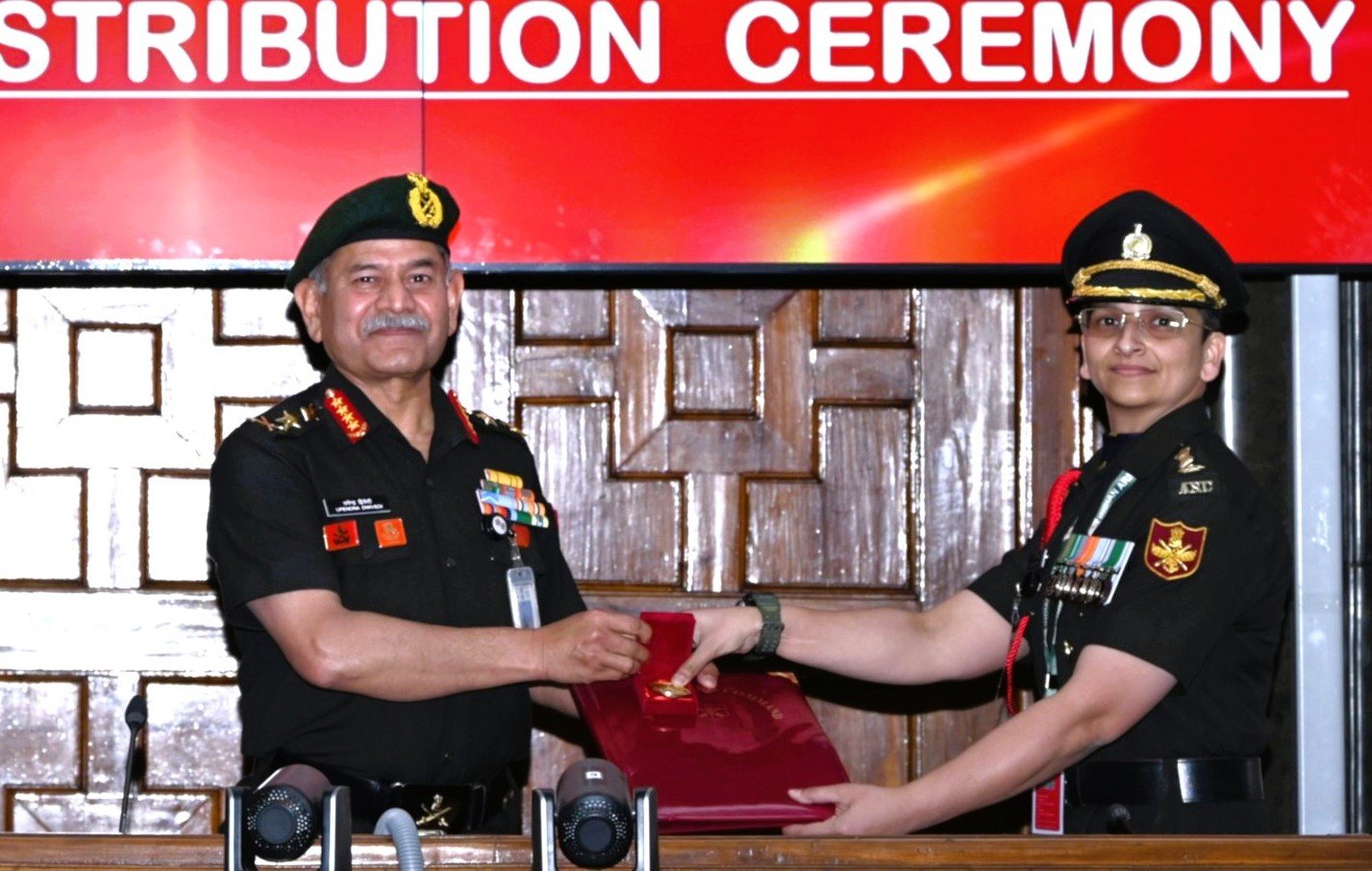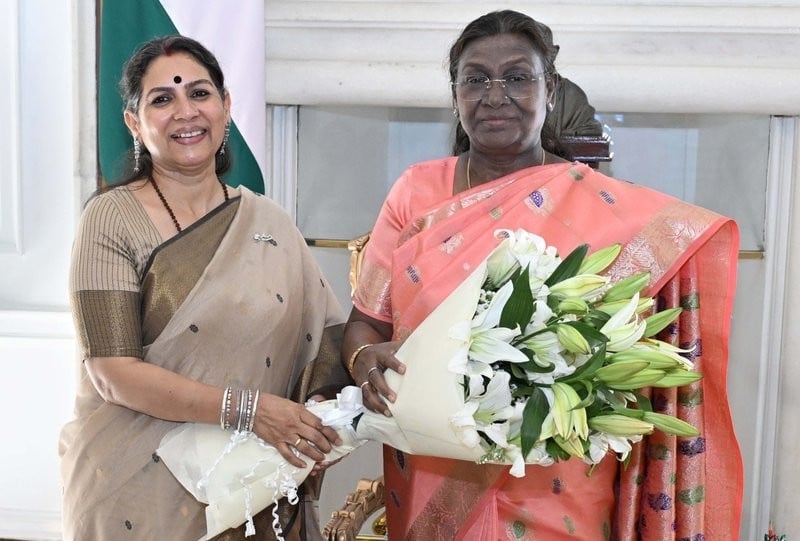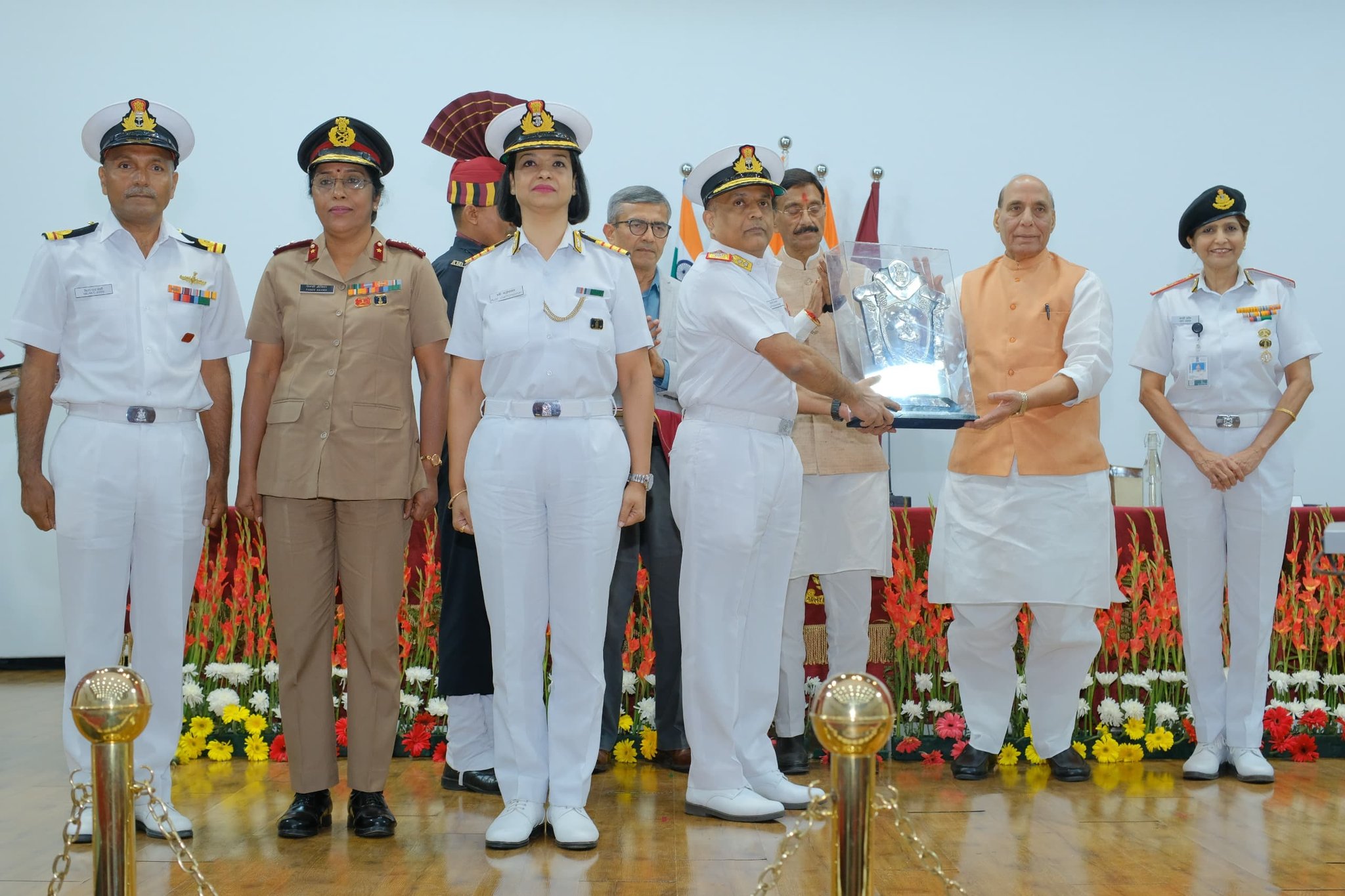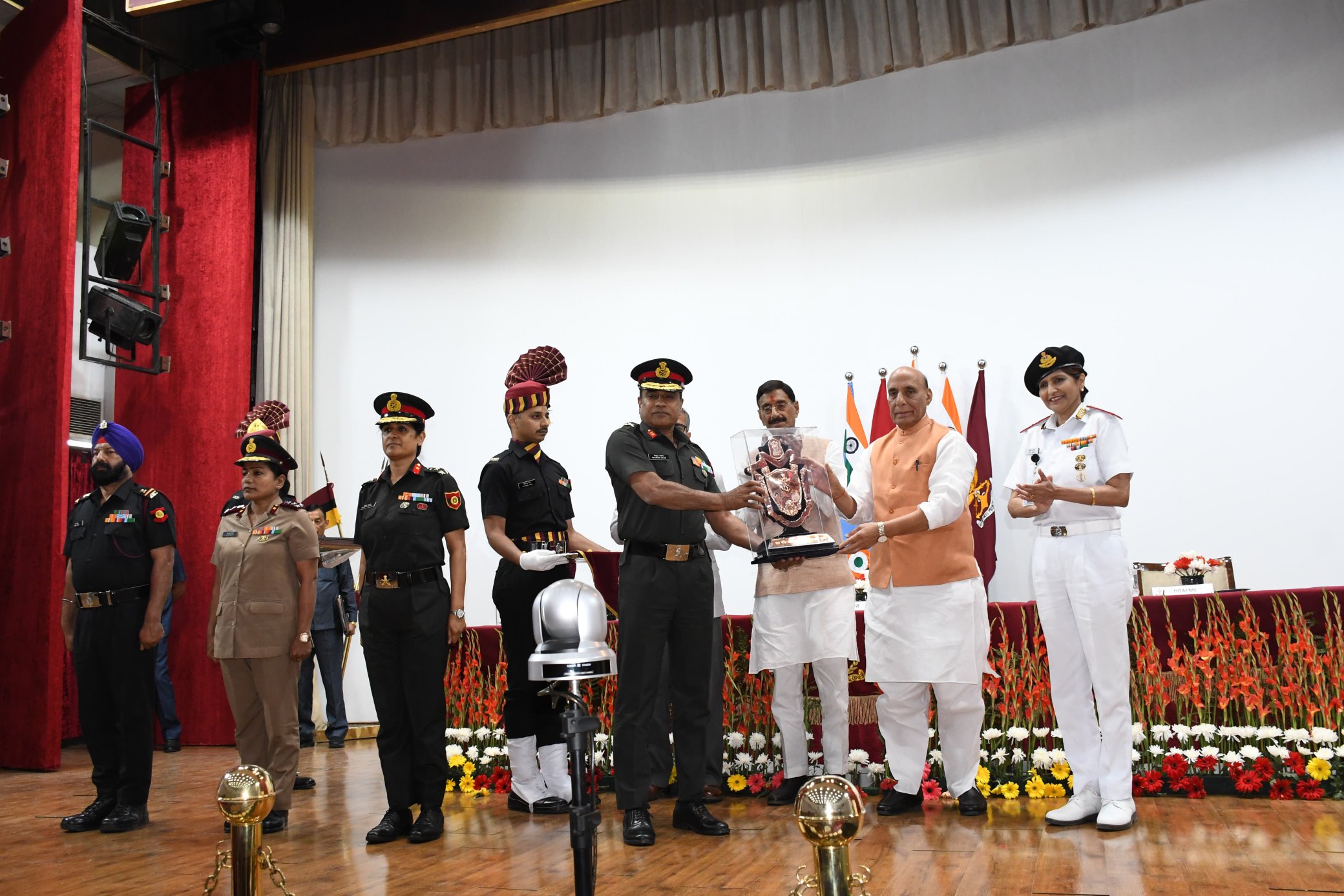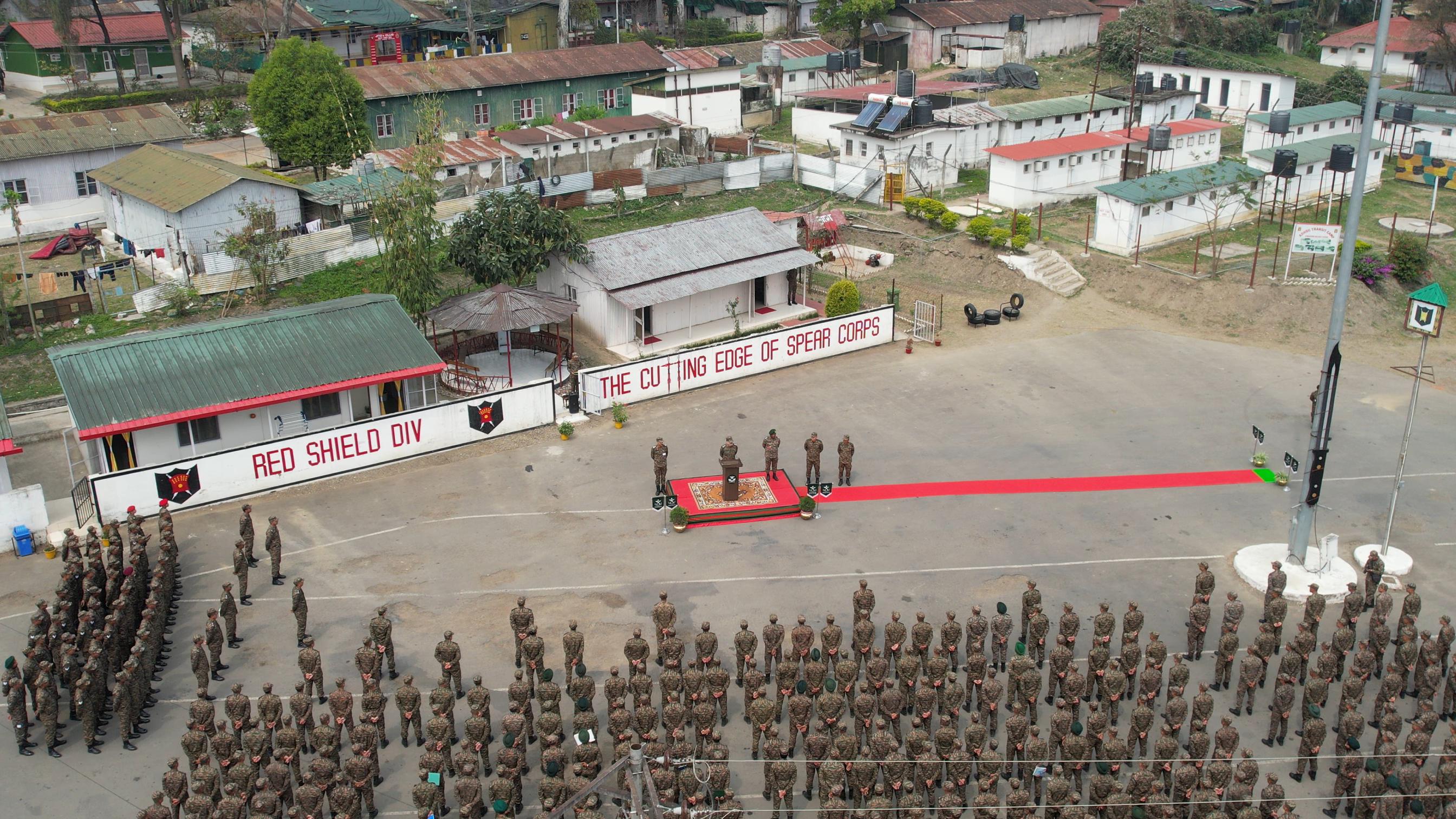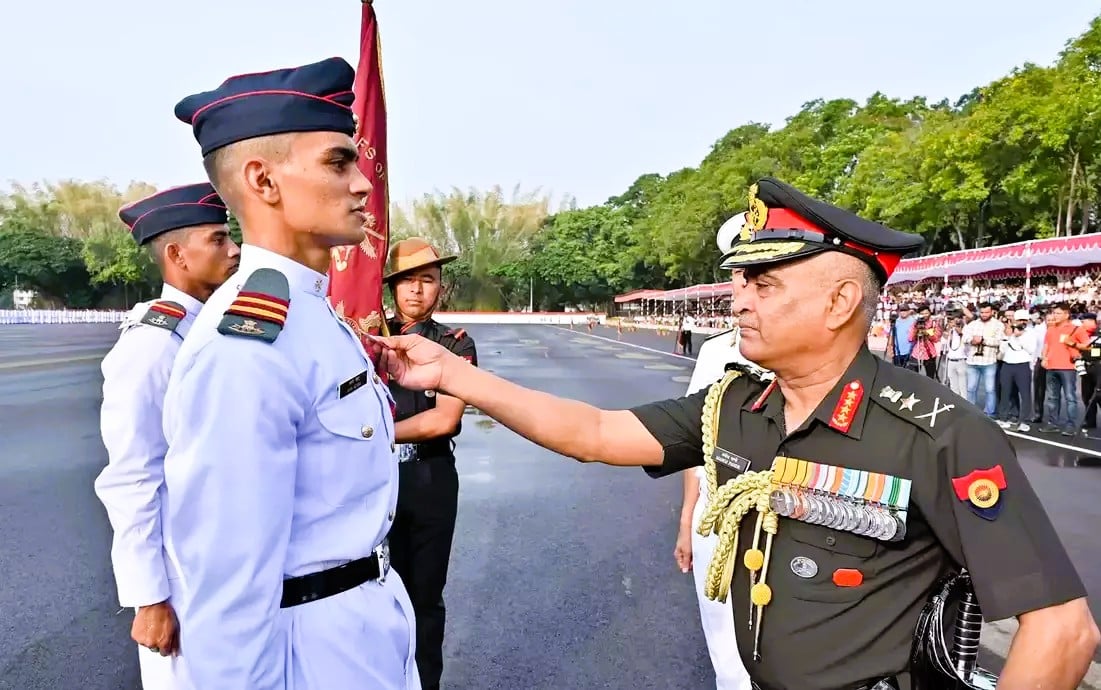The Services Selection Board (SSB) interview is a rigorous and multi-dimensional process designed to evaluate candidates aspiring to join the Indian Armed Forces. One of the critical tasks during the SSB is the Lecturette. This exercise tests a candidate’s confidence, clarity of thought, communication skills, and ability to structure and deliver ideas succinctly. Whether you are appearing for the Army, Navy, or Air Force SSB, preparing effectively for the Lecturette can significantly boost your chances of success.
1. What is the Lecturette in SSB?
The Lecturette is a short speech exercise during the Group Testing Officer (GTO) tasks, typically on Day 3 or Day 4 of the SSB process. Each candidate is given a choice of topics, asked to prepare quickly (usually for 2-3 minutes), and then deliver a short talk (for 3-4 minutes) in front of the GTO and fellow candidates. The Lecturette is designed to assess:
- Communication skills and fluency
- Confidence and body language
- Structure and clarity of thought
- Knowledge on the chosen topic
- Ability to engage and connect with the audience
This task resembles public speaking or an extempore speech but has a brief preparation time and is more structured, thus reflecting how well you can think and respond under pressure.
2. Importance of the Lecturette in Selection
While each stage of the SSB evaluation has its unique focus, the Lecturette carries substantial weight in understanding a candidate’s overall personality. It provides insights into:
- Leadership Qualities: Leaders must articulate their ideas confidently, influencing and motivating others.
- Mental Agility: The ability to structure a coherent speech under time constraints.
- Officer-Like Qualities (OLQs): Qualities such as effective intelligence, communication, and social adaptability are assessed during the Lecturette.
Furthermore, the Lecturette allows assessors to gauge your awareness of current events, social issues, defense-related topics, and general knowledge—vital attributes for a future officer who must stay updated on a wide array of subjects.
3. How the Lecturette is Conducted
A typical Lecturette session follows a set pattern:
- Topic Selection: You will be presented with a card that has three or four topics listed. You choose one topic that you feel most confident about.
- Preparation Time: You will have about 2-3 minutes of preparation. Use this time wisely to outline your key points.
- Delivery: You must speak on the chosen topic for about 3-4 minutes.
- Order of Speaking: Usually, each candidate in the group takes a turn. While one candidate is speaking, the next candidate prepares.
- Evaluation: The GTO observes your content, confidence, body language, and adherence to time.
Key Point: Time management is crucial. Exceeding the allotted time or ending too abruptly may lead to negative impressions.
4. Common Lecturette Topics
Lecturette topics are diverse and can be broadly classified into:
4.1 Current Affairs and Social Issues
- Women Empowerment
- Unemployment in India
- Digital India and Its Impact
- Social Media and Youth
- Education Reforms in India
- Swachh Bharat Abhiyan
- Make in India
- Right to Privacy
4.2 National and International Affairs
- India’s Relations with Neighboring Countries
- Role of United Nations
- Climate Change and Global Warming
- International Terrorism
- India’s Space Program (ISRO achievements, missions)
- Global Economic Trends
4.3 Defense and Security-Related Topics
- Role of Armed Forces in Disaster Management
- Modernization of Indian Armed Forces
- Military Exercises and Their Significance
- Cyber Warfare
- Intelligence and Surveillance
4.4 Leadership, Personality, and General Topics
- Leadership vs. Management
- Importance of Emotional Intelligence
- Stress Management
- Time Management
- Teamwork and Its Importance
- Success and Failure
4.5 Personal Development and Philosophical Topics
- Importance of Discipline
- Patriotism
- Moral Values in Today’s Society
- Role of Youth in Nation-Building
- Work-Life Balance
5. Approach and Preparation
5.1 Stay Informed
- Read Newspapers and Magazines: Develop a habit of reading reputed newspapers (e.g., The Hindu, Indian Express) and magazines (Yojana, Kurukshetra, etc.) to enhance your general awareness.
- Use Digital Sources: Watch credible YouTube news channels, follow government portals, and track important defense news.
5.2 Understand the Structure
- Introduction: Briefly introduce the topic and set a context for your audience.
- Main Body: Present facts, arguments, and analysis. If possible, include data, examples, or relevant statistics.
- Conclusion: Summarize your viewpoint logically and concisely, reflecting on solutions or future prospects.
5.3 Practice Extempore and Public Speaking
- Mock Sessions: Practice giving short speeches to friends or family. Time yourself to improve time management.
- Record Yourself: Use a phone or camera to record your speeches. Review to spot areas of improvement in content, body language, and clarity.
- Develop a Framework: For any given topic, quickly identify 2-3 major points to discuss. This helps in organizing thoughts under time pressure.
5.4 Learn to Think on Your Feet
- Brainstorming: During your preparation time (2-3 minutes), jot down keywords or bullet points you want to cover.
- Avoid Memorizing Paragraphs: Instead, focus on a conceptual outline. Over-memorization can lead to nervousness if you forget a line.
5.5 Build Confidence
- Eye Contact and Body Language: Maintain natural eye contact with the group. Stand upright; do not slouch or fidget.
- Voice Modulation: Speak loudly and clearly enough to be heard; adjust your tone for emphasis.
6. Tips for Effective Delivery
- Choose Wisely: Pick the topic that you are most comfortable with, balancing your interest and knowledge.
- Be Logical and Organized: A clear structure enhances the impact of your talk.
- Use Relevant Facts: If you cite data or examples, ensure they are accurate and up to date.
- Speak Within Time: Plan so that you finish neatly; neither rush through nor stretch too long.
- Confidence, Not Arrogance: Show that you believe in what you’re saying without sounding overconfident.
- Maintain Composure Under Pressure: Even if you forget something, calmly move on to the next point instead of panicking.
- Avoid Reading From Notes: You can glance at your bullet points, but maintain steady eye contact with your audience.
7. Sample Outline for a Lecturette
Below is a concise example of how you might structure a Lecturette on a common topic, “Women Empowerment in India.”
- Introduction (30 seconds)
- Greet the audience.
- Define women empowerment briefly: “Women empowerment is the process of enabling women to have control over their lives, make decisions, and have equal opportunities.”
- State your thesis: “Women empowerment is crucial for India’s social and economic development.”
- Main Body (2-3 minutes)
- Historical Perspective: Acknowledge women’s role in ancient India vs. constraints faced during the medieval period.
- Current Scenario:
- Government schemes (e.g., Beti Bachao, Beti Padhao, reservation in local bodies).
- Rising literacy rates among women.
- Shift in societal attitudes but challenges remain (e.g., discrimination, safety, wage gaps).
- Importance of Empowerment:
- Economic growth: Women form nearly half the population.
- Social development: Educated and empowered women raise healthier and more educated families.
- National progress: Gender equality fosters overall progress.
- Challenges (30 seconds)
- Socio-cultural barriers, patriarchy, lack of education in remote areas.
- Underrepresentation in STEM, corporate leadership, and politics.
- Suggestions / Solutions (30-45 seconds)
- Strengthening education and skill development programs.
- Encouraging entrepreneurship and leadership roles.
- Enforcing stricter laws against gender-based violence.
- Creating awareness campaigns to change mindsets.
- Conclusion (15-30 seconds)
- Summarize key points: “Women empowerment is vital for a prosperous and equitable India.”
- End on a positive note: “By ensuring equal opportunities, we move closer to a society where every individual contributes to nation-building.”
The Lecturette in the SSB interview is not just about showcasing your speaking skills but reflecting the qualities that define a competent officer—clarity of thought, organized presentation, adaptability, and confidence. By staying informed on current affairs, practicing structured speaking, and maintaining composure, you can excel in this crucial test.
Remember, the goal is to present a balanced, organized, and compelling argument within the allotted time. With consistent practice, good content, and a calm demeanor, you can make a strong impression on the assessors and move one step closer to achieving your dream of serving in the Indian Armed Forces.
100 Top Lecturette Topics For SSB [PDF] : Candidates who are going to attend the SSB interview soon can refer to the original Lecturette topics collected from candidates who have been to SSB recently. Lecturette topic is mentioned along with the name of the SSB centre where it was faced by the candidates.
Lecturette is one of the tests conducted during SSB interview to judge the personality of the candidates. We can say Lecturette is a small speech or a small talk given by the candidate, Lecturette is conducted by GTO during group task.
100 Top Lecturette Topics For SSB
| INDEX | ||
| S.no | Topic | SSB Board |
| 1 | Global warming | 18 SSB Allahabad |
| 2 | Nuclear Weapons | 21 SSB Bhopal |
| 3 | T20 cricket | 4 AFSB Varanasi |
| 4 | Terrorism | 21 SSB Bhopal |
| 5 | Women Empowerment | 4 AFSB Varanasi |
| 6 | Foreign Direct Investment in Defense | 24 SSB Bangalore |
| 7 | Modernization of Indian Armed forces | 17 SSB Bangalore |
| 8 | Reservation System in India | 2 AFSB Varanasi |
| 9 | AFSPA | NSB Visakhapatnam |
| 10 | Yoga | 33 SSB Bhopal |
| 11 | China-Pakistan Economic Corridor (CPEC) | 14 SSB Allahabad |
| 12 | India- Sri Lanka Relations | 5 AFSB Kanchrapara |
| 13 | Sex Education | 11 SSB Allahabad |
| 14 | World Trade Organization | 3 AFSB Gandhinagar |
| 15 | Population of India- Merits and Demerits | 19 SSB Allahabad |
| 16 | Brahmos | 20 SSB Bhopal |
| 17 | Honor Killing | NSB Visakhapatnam |
| 18 | Water Scarcity | 2 AFSB Mysore |
| 19 | Corruption in India | 31 SSB Kapurthala |
| 20 | Start up India | 14 SSB Allahabad |
| 21 | Demonetization | 17 SSB Bangalore |
| 22 | E-Governance | 3 AFSB Gandhinagar |
| 23 | GST | 32 SSB Kapurthala |
| 24 | Social Media | NSB Visakhapatnam |
| 25 | SAARC | 31 SSB Kapurthala |
| 26 | ISRO- Indian Space Research Organization | 20 SSB Bhopal |
| 27 | Human Rights | 11 SSB Allahabad |
| 28 | Media – fourth pillar of democracy | 11 SSB Allahabad |
| 29 | BRICS | 32 SSB Kapurthala |
| 30 | Make in India concept | 1 AFSB Dehradun |
| 31 | Mother | 19 SSB Allahabad |
| 32 | Kids Reality Shows – Good or Bad | 2 AFSB Mysore |
| 33 | Capital Punishment | 31 SSB Kapurthala |
| 34 | Smart Work Vs Hard Work | 21 SSB Bhopal |
| 35 | NATO | 11 SSB Allahabad |
| 36 | Alcohol Ban in India | NSB Visakhapatnam |
| 37 | Bullet Trains In India | 33 SSB Bhopal |
| 38 | Compulsory Military Training | 3 AFSB Gandhinagar |
| 39 | DRDO | 14 SSB Allahabad |
| 40 | South China Sea | 2 AFSB Mysore |
| 41 | BPO in India | 12 SSB Bangalore |
| 42 | Unemployment in India | 17 SSB Bangalore |
| 43 | Indian GDP | 33 SSB Bhopal |
| 44 | Democracy | 2 AFSB Mysore |
| 45 | Privatization of Education | 32 SSB Kapurthala |
| 46 | Nuclear Supplier Group NSG and India | 14 SSB Allahabad |
| 47 | Women in Indian Armed Force | 1 AFSB Dehradun |
| 48 | Online Piracy | 31 SSB Kapurthala |
| 49 | NASA | NSB Visakhapatnam |
| 50 | Child Labour | NSB Visakhapatnam |
| 51 | Dowry System | 19 SSB Allahabad |
| 52 | Indian Economy | 3 AFSB Gandhinagar |
| 53 | Love Marriage Vs Arrange Marriage | 22 SSB Bhopal |
| 54 | MNCs in India | 2 AFSB Mysore |
| 55 | Organic Farming | 14 SSB Allahabad |
| 56 | Swachh Bharat Abhiyaan | 17 SSB Bangalore |
| 57 | Electronic devices | 33 SSB Bhopal |
| 58 | Higher Education In India | 19 SSB Allahabad |
| 59 | Sports in India | 24 SSB Bangalore |
| 60 | 4G Mobile Communication | 11 SSB Allahabad |
| 61 | Development of Rural Areas | 3 AFSB Gandhinagar |
| 62 | Election Commission | 2 AFSB Mysore |
| 63 | Fundamental Rights | 33 SSB Bhopal |
| 64 | Influence of Western culture | 32 SSB Kapurthala |
| 65 | New Technologies in India | 1 AFSB Dehradun |
| 66 | Privacy | NSB Visakhapatnam |
| 67 | Senior Citizens | 19 SSB Allahabad |
| 68 | Supreme Court of India | 3 AFSB Gandhinagar |
| 69 | Tourism in India | 17 SSB Bangalore |
| 70 | Cybercrime | 14 SSB Allahabad |
| 71 | Gambling | 33 SSB Bhopal |
| 72 | Justice delayed is justice denied | 21 SSB Bhopal |
| 73 | Mercy killing | NSB Visakhapatnam |
| 74 | Role of NGO | 11 SSB Allahabad |
| 75 | Nuclear Power | 31 SSB Kapurthala |
| 76 | Paid media | 33 SSB Bhopal |
| 77 | Police Duties | 2 AFSB Mysore |
| 78 | Role of India in United Nations | 19 SSB Allahabad |
| 79 | Use of Technology in Agriculture | NSB Visakhapatnam |
| 80 | Chinese goods impact on India | 1 AFSB Dehradun |
| 81 | Cosmetics, a new rage | 32 SSB Kapurthala |
| 82 | Evolution in Telecommunication | 14 SSB Allahabad |
| 83 | India’s role in World Forum | 17 SSB Bangalore |
| 84 | Industrialisation | 33 SSB Bhopal |
| 85 | ISIS | 3 AFSB Gandhinagar |
| 86 | National integration | 32 SSB Kapurthala |
| 87 | Naxalism | 1 AFSB Dehradun |
| 88 | Power and Politics | NSB Visakhapatnam |
| 89 | United Nations Security Council | 14 SSB Allahabad |
| 90 | Capital Punishment | 3 AFSB Gandhinagar |
| 91 | Division of states | 17 SSB Bangalore |
| 92 | Indian defence budget | 11 SSB Allahabad |
| 93 | Indo Myanmar relation | 31 SSB Kapurthala |
| 94 | Medical Science | 12 SSB Bangalore |
| 95 | NDRF | 2 AFSB Mysore |
| 96 | Organ donation | NSB Visakhapatnam |
| 97 | R & D in India | 19 SSB Allahabad |
| 98 | Sign Language | 32 SSB Kapurthala |
| 99 | Student Union | 1 AFSB Dehradun |
| 100 | Politics and Religion | 14 SSB Allahabad |

